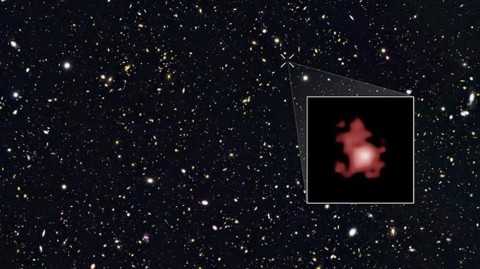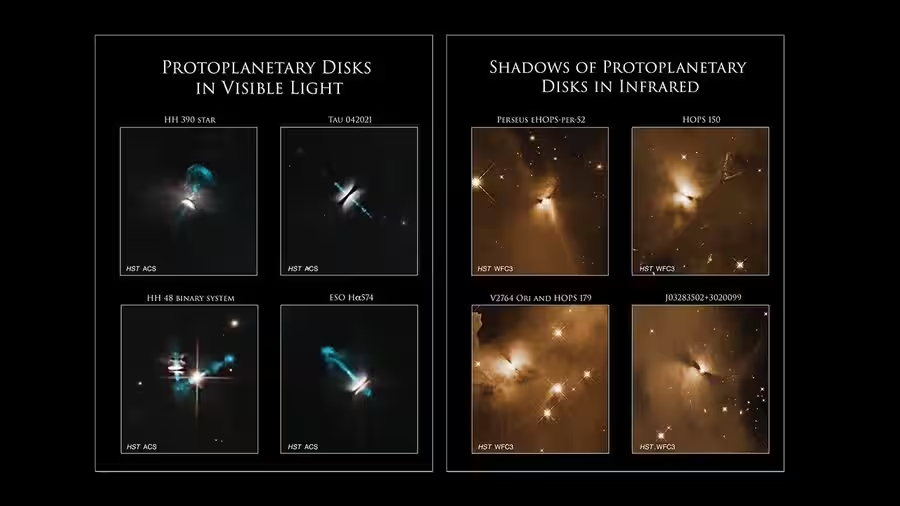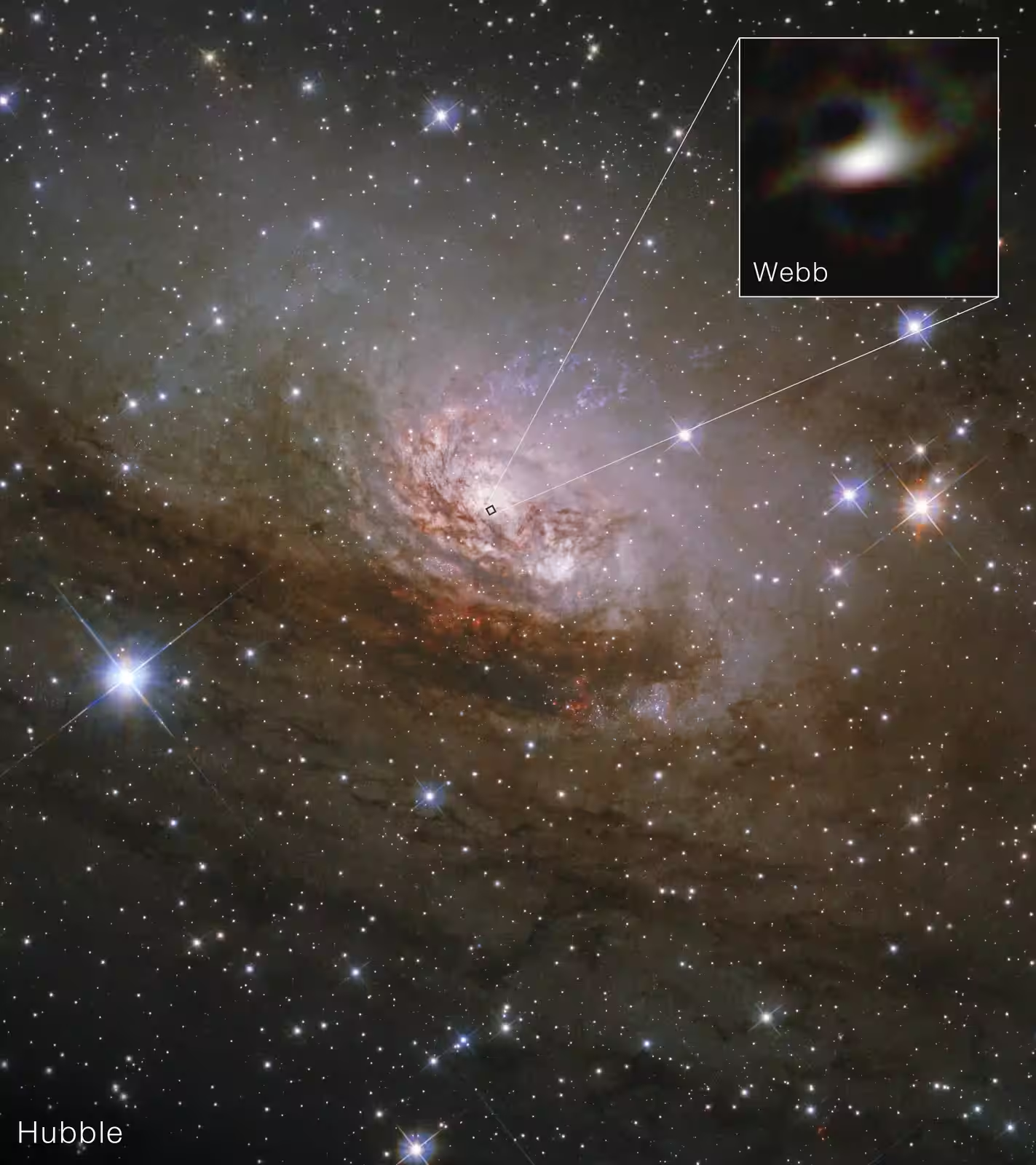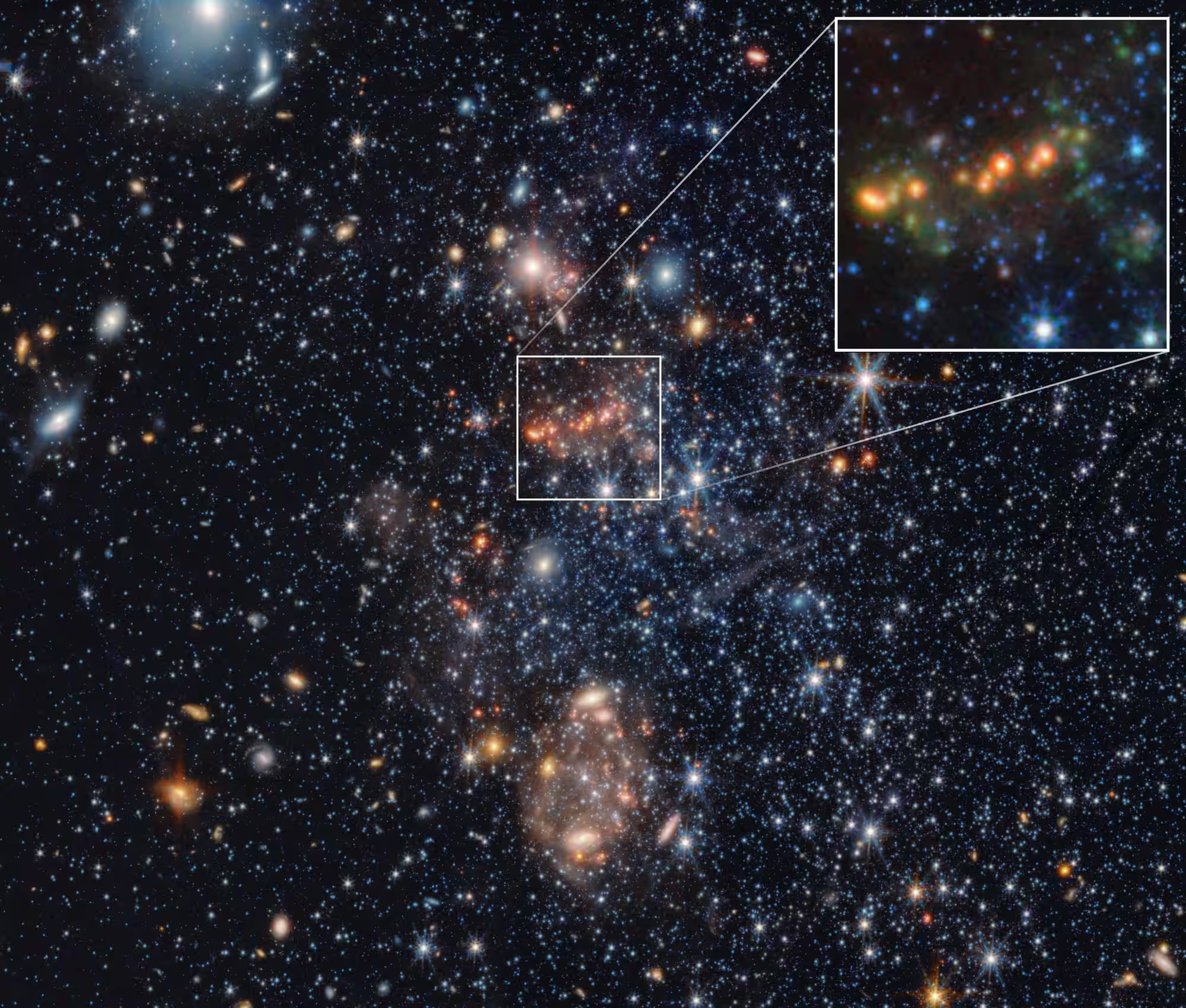“James Webb” has discovered a black hole with a little-explained origin
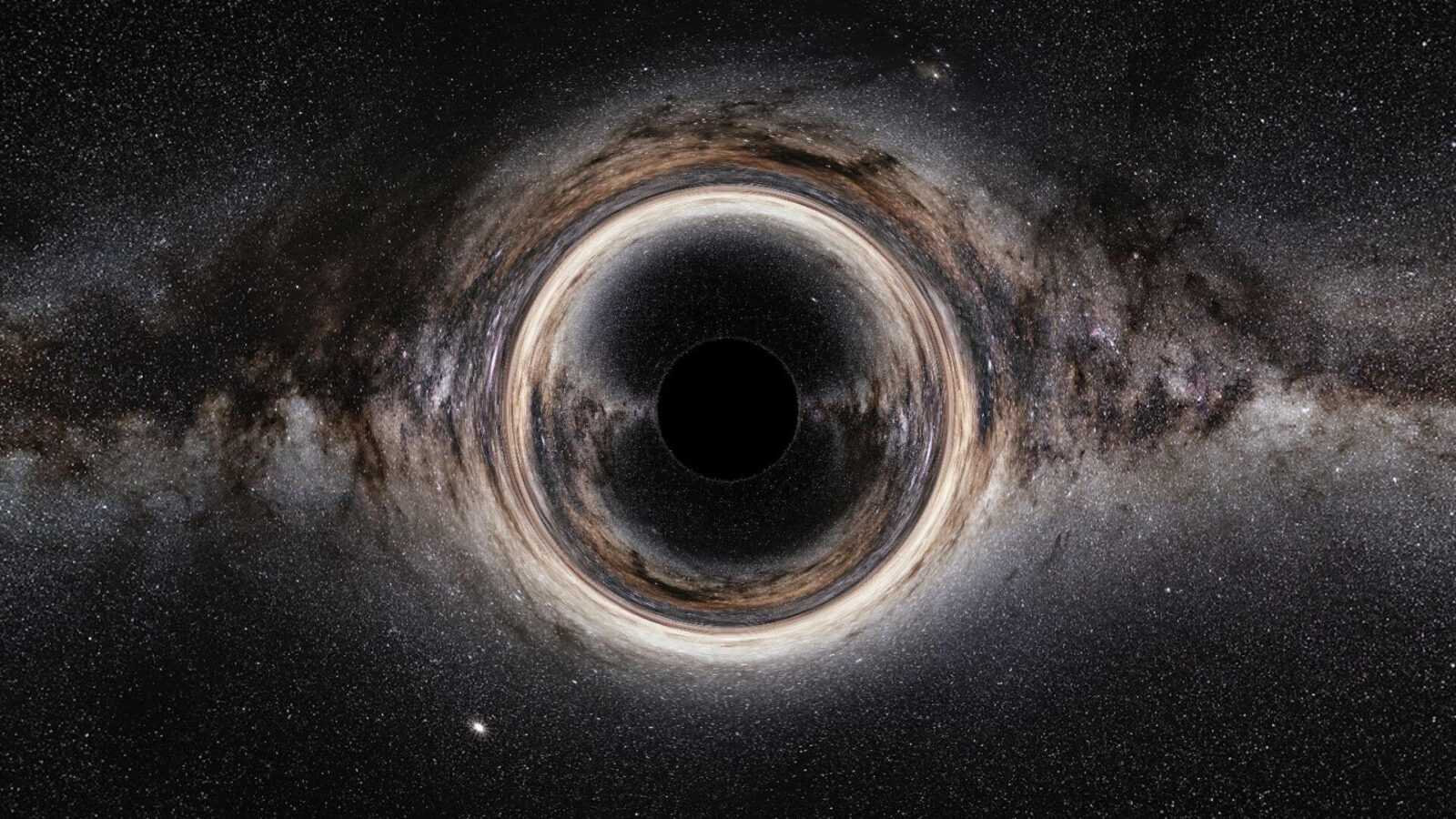
A team of researchers from the University of Cambridge has discovered a black hole in space whose age is comparable to that of the universe itself. Based on observations made with the James Webb Orbiting Telescope, the scientists concluded that this discovery raises doubts about existing theories about the origin of black holes and requires a revision of astronomers’ ideas about the structure of the universe.
Calculations showed that the black hole originated 400 million years after the Big Bang, that is, more than 13 billion years ago, in the galaxy GN-z11, which was then quite young. The snag is that, until now, supermassive black holes found at the centers of galaxies were thought to have grown to their current sizes over billions of years. But the size of this black hole suggests that they could be born large all at once or absorb matter at five times the rate previously thought possible. There is, however, another explanation.
Another explanation.
“Like all black holes, this young black hole absorbed material from the parent galaxy to stimulate its growth. Very early galaxies were extremely rich in gas, so they were a kind of buffet for the first black holes,” the astronomers note.
.
GN-z11 is a compact galaxy that is about a hundred times smaller than the Milky Way, all because its parent black hole is likely preventing it from evolving. After all, when such objects absorb too much gas, they repel the excess, and this generates a sort of wind that can stop the star formation process. This slowly kills the galaxy, and then the black hole itself, as it “blows away” and makes the source of “food” unavailable to it.

